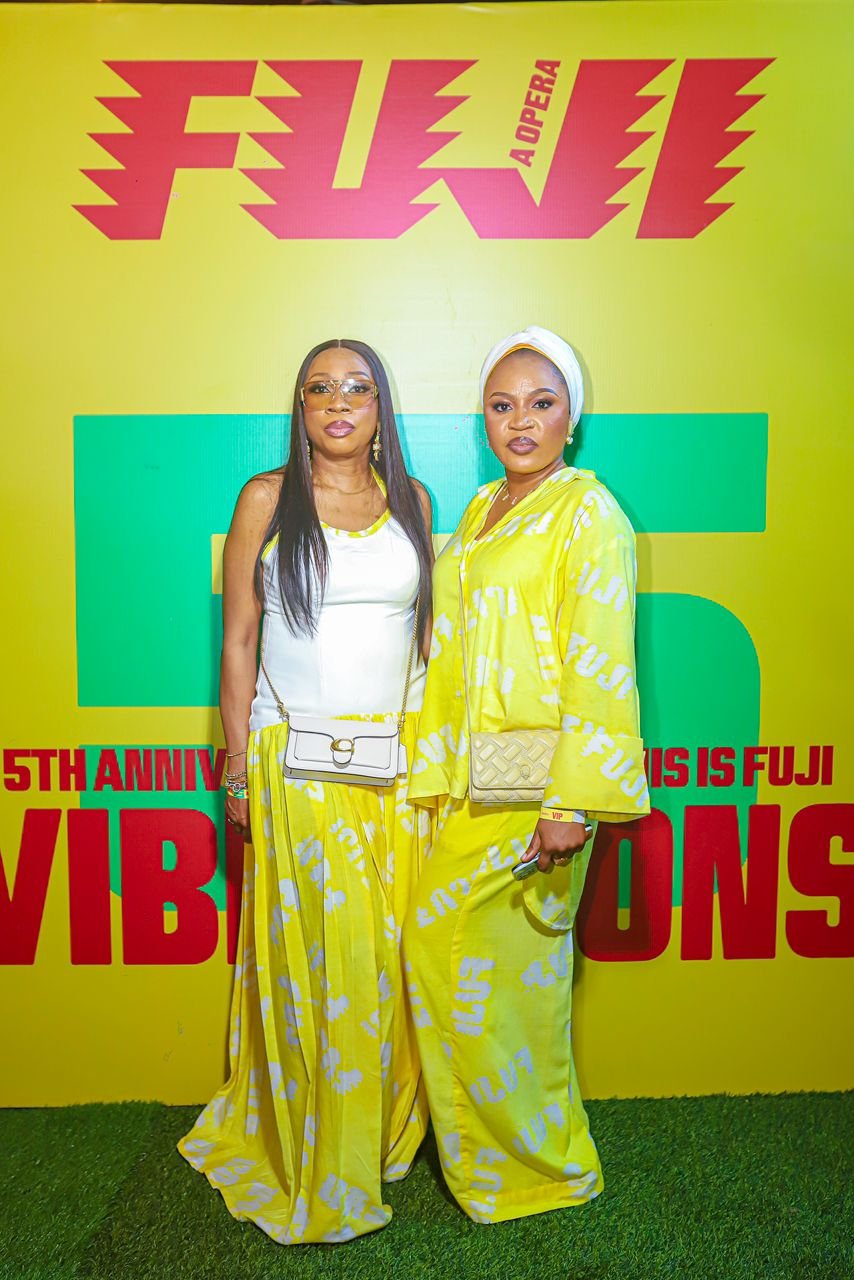Zlatan Ibile has never hidden the fact that his approach to music is deeply rooted in business logic. In a recent conversation on the Adesope Live show, he explained that his primary goal in the industry is financial stability. For him, music is not just passion; it is a livelihood that must remain steady, predictable, and free from unnecessary risk. His early struggles, from financial uncertainty to the pressure of proving himself, have shaped him into someone who calculates every move with caution. Now, as someone who has built a successful career, he feels responsible not just for himself but also for his family. Fatherhood, he says, has taught him to think more long-term and avoid choices that may jeopardize his financial future.
The Risk of Betting on New Talent
At the heart of his decision is his belief that investing in up-and-coming artists is extremely unpredictable. Zlatan considers it a gamble with very unclear returns. He explains that new artists come with hopes, dreams, and talent, but no investor can confidently predict who will break into the industry and who will fade away. For him, putting large amounts of money behind someone whose success cannot be guaranteed doesn’t make financial sense. He compared the situation to placing money on something uncertain when he could instead invest in something solid, a house, land, or another tangible asset that will appreciate. To Zlatan, a property offers stability, while an upcoming artist may not.
A Preference for Tangible, Guaranteed Assets
Zlatan’s comparison between signing new artists and buying a house perfectly describes where his priorities lie. He prefers what he calls “real assets,” investments he can see, touch, and track over time. In his view, it is more responsible to put his money into ventures that will definitely grow rather than those that might grow. This philosophy aligns with his outlook on long-term financial planning. He sees real estate as a safer path to wealth than banking on the unpredictable music industry. His tone suggests that he has seen or experienced situations where artists absorbed massive investments only to fizzle out, leaving the investor with nothing to show for it.
Support Through Collaboration, Not Capital
Even though he is not ready to invest financially in new artists, Zlatan is not shutting the door on emerging talent. He emphasizes that he is fully open to collaboration. Features, mentorship, and exposure are ways he believes he can genuinely help without risking financial loss. He points out that when he was still trying to find his footing, established artists supported him largely through features and co-signs, not necessarily through money. He now prefers to pass forward that type of support. To him, giving visibility is just as impactful as signing a cheque, and perhaps even more sincere.
The Pressure, Responsibility, and Emotional Costs
Beyond finances, Zlatan also speaks openly about the emotional strain he endured while climbing the ladder. The relentless pressure to succeed, the expectations, and the unpredictability of the music business left him with experiences he would rather not relive. It is partly why he advises new artists to invest in therapy as much as they invest in production and promotion. For him, the music industry is not merely glamorous; it is mentally taxing. This emotional realism contributes to his decision to stay away from the role of financier, knowing that managing an artist means carrying some of their pressure too.
What This Means for the Industry
Zlatan’s stance highlights a broader shift among artists who have tasted success. More established musicians now prefer safer business models instead of trying to build labels in the traditional sense. Rather than pouring millions into untested acts, many are choosing brand partnerships, real estate, fashion lines, hospitality ventures, and other reliable businesses. Zlatan’s choices illustrate this trend. His decision also underscores the importance of financial literacy in Nigerian entertainment, the idea that artists must think beyond today’s fame and build wealth that sustains them long after the spotlight fades.
A Final Picture of Zlatan’s Perspective
At its core, Zlatan’s refusal to invest in emerging artists is not about turning his back on the next generation. It is about maturity, responsibility, financial wisdom, and self-awareness. He knows the unpredictability of the industry better than most. He understands the risks, the emotional cost, and the financial implications. And he is choosing stability, not because he doubts new talent, but because he knows how uncertain their journey can be. For him, supporting rising stars through collaboration is enough, while his money stays where he believes it is safest: in assets that are guaranteed to grow.
If you enjoyed this article, click here to read more informative posts, also check us out on Instagram for fun and engaging content.
Disclaimer: The opinions, views, and information expressed in this article are those of the author and do not necessarily reflect the official policy, position, or views of iNaijanow. The company assumes no liability for any errors, omissions, or damages arising from the use of this information.
















